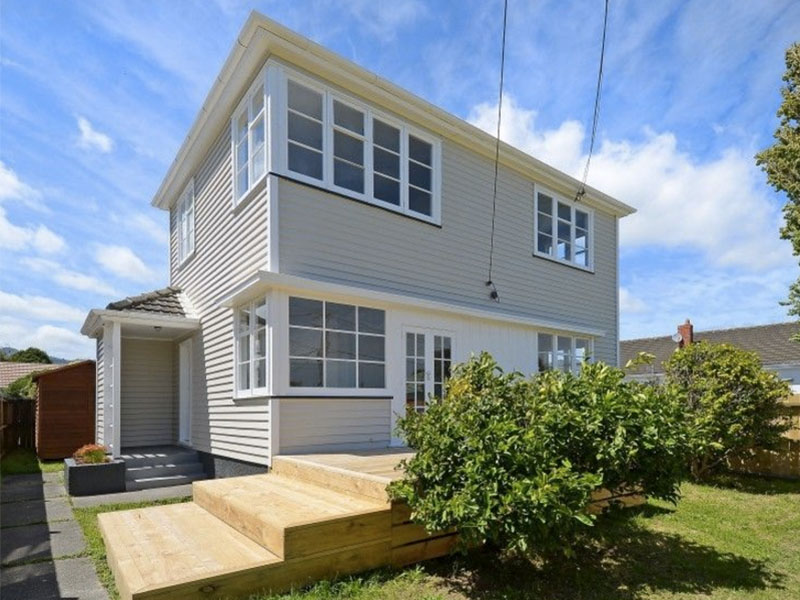An important aspect for an investor to consider is the rate of return a rental property will provide, taking into account the purchase price and the rental income that can be achieved.
The rate of return will differ between rental properties and is dependent on location, size and tenant appeal. To determine rent return, we can use the anticipated weekly rent and then multiply the rent by 52 weeks to calculate the income for the year. This sum is then divided by the purchase price. Multiplying this figure by 100 will provide the percentage that is often quoted with investment opportunities.
As an investor, it is important for you to consult your trusted professional property manager for a rental appraisal of your new potential investment property. Your property manager should be able to see past superficial issues and be able to offer some advice about any cosmetic spruce ups required such as painting the bathroom, installing an exhaust fan, insulating the property (ceiling and floor) and any repairs needed. Your property manager can give you a pretty good estimate of rent that the investment property will attract.

At realestate.co.nz, we are finding that the rental market is hot right now. January, February and March are the busiest months in renting and tenants are paying top dollar to secure good rental properties. In Wellington, where I am based, viewings for good properties attract many renters.
For example, right now the annual gross rent of a $450,000 property in Wellington’s outer suburbs, following a spruce up as recommended by your property manager, could bring in $26,000 gross annual rent, meaning a 5.78% gross return.
Example: Property value $450,000 and expected rent $500 a week.
$26,000 ($500 x 52 weeks) (annual rental income)
÷ $450,000(property value)
x 100
Yield = 5.78%
The rate of return will help you determine the long-term strategy and profitability of an investment property. It is important to note that this is a gross calculation that does not take in to account the total costs of owning an investment property.
Depending on the investment property, these could include rates, insurance and body corporate fees. Other costs to budget for include property management fees, legal fees and your accountant.
In addition, your investment property will require maintenance or repairs, the cost of which can vary greatly from one year to the next. You must also make allowances for any periods of vacancy when no rent is being paid.

Before purchasing any investment property, it is important to arrange a builder to check the place out and let you know of any issues. If your builder doesn’t identify too many expensive to fix issues, then it could definitely be a goer.
The next step is to discuss the purchase of this property with your trusted mortgage broker and tee up the finance – be sure to take into account the equity you have built up in any other investment properties. Even if you think it will be ok, it is best to check in with the experts who look after your interests. Your mortgage broker will also provide you with guidance of what the banks are offering at this time and how to structure your lending.
-Vesna Wells



